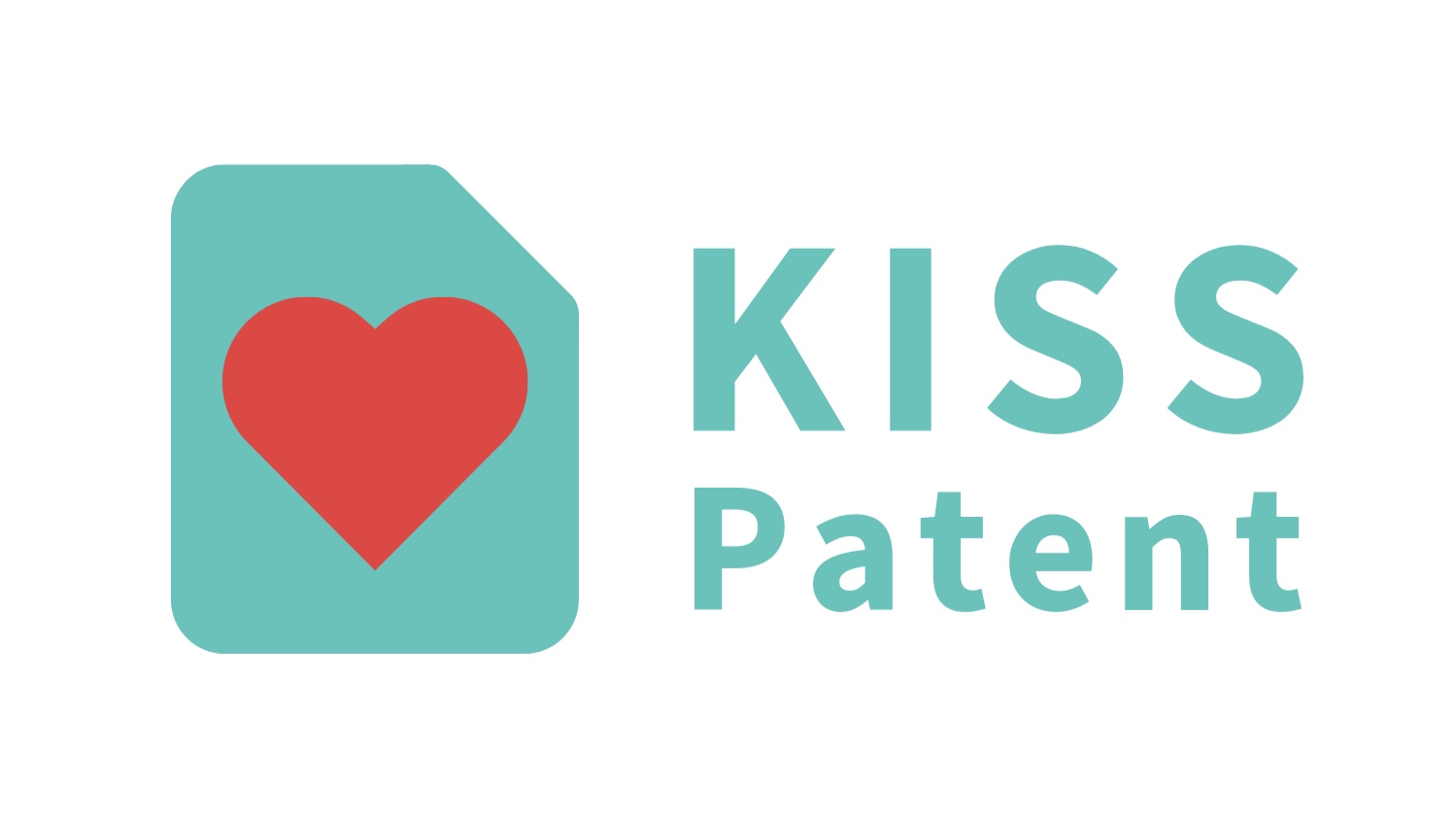Cautionary tale - no patents meant that Pixite couldn’t defend itself against a better-funded and better-marketed startup rival in the app store.
I want to tell you about the cautionary tale of the no-patent startup. It had a great first mover advantage in the App Store, with products that could do things no other iOS software could do.
It had loads of new customers, and it was living the good startup life.
But it didn’t file for any patents and when a better funded rival started to make in-roads to its market, this startup had no defense.
This startup’s name? Pixite.
Pixite began with a great idea in 2009 with a product for viewing photos online, in a native iOS app, called Web Albums. It was the first native iOS app that allowed users to browse photos stored online - and unlike Picasa, Google’s rival software, users could view an unlimited number of photos.
In its first year of existence, Web Albums made over $100,000 and the Pixite developers quit their day jobs. Pixite was off to the races!
Between 2010 to 2012, Pixite built several other photo apps that allowed you to share photos to multiple social networks - Facebook and Flickr. Other apps only enabled users to post photos to storage utilities like Dropbox.
And the really cool Pixite apps? They enabled photographers to easily manipulate their photographs on their iPhones - and then post these photos wherever they wanted.
All of these Pixite apps were super-popular, and they were the only ones like ‘em in the App Store. The company grew and expanded, hiring more developers, scheduling off-site retreats in cool locations - and generally having a great time.
Dark clouds were on the horizon though. Pixite didn’t have much funding (only $50,000 from a university fund), and it was largely bootstrapped. So Pixite had focused on maintaining its first mover advantage, trying to move ahead faster and faster, attracting new types of customers. Pixite didn’t file for patents, didn’t do anything but develop and be innovative. Which worked great - until it didn’t.
Don't become the next cautionary startup tale!
Take our short survey to find out what type of intellectual property is right for your startup!
Competitors noticed the lucrative Pixite market space, and started to come into it. Competitors with more funding and much bigger marketing budgets. Competitors who could afford to outspend Pixite at every turn.
One startup competitor, called Lightricks, succeeded by making its own great photo apps. Pixite hadn’t filed any patents, so Lightricks was able to create photo apps with similar functions - essentially using Pixite’s same secret sauce. But Lightricks had raised millions of dollars in venture funding, so it had much more money for marketing and a much longer runway. Lightricks even spent money to develop an algorithm that told it exactly how much money it had to spend on Facebook to stay on top!
Pixite didn’t have any of these advantages - no money, no marketing budget - and so in 2015, it found itself almost broke. It laid off developers in wave after wave, until it was down to only a few people who were left, in a small San Diego office.
Pixite is still struggling. It had a small hit with Pigment, an adult coloring book app in which users can color pictures on the iPhone. But by the end of 2015, a rival called Colorfy had already taken over much of Pigment’s market. With no patents to protect its proprietary technology, each time Pixite came up with an idea, a better-funded rival emerged to steal it - and Pixite’s market.
Pixite is still hanging in there and trying to figure out its future. Whatever it chooses to do, we wish Pixite - and its super creative team of innovators - the best of luck.
But with patents, Pixite could have had a much different future, one where it didn’t have to struggle quite so much - and one where its rivals couldn’t steal its market quite so easily.
Wondering if your idea is patentable? Have a question about this article? We can answer all of your questions — just hit "contact us" down below!











